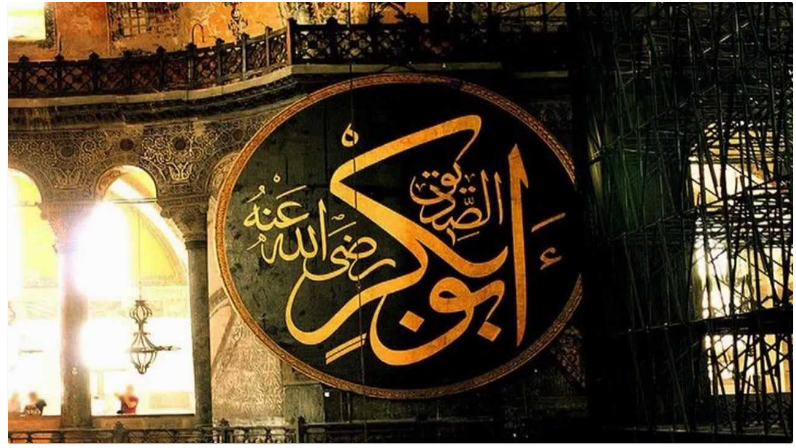
Who was Hazrat Abu Bakr (RA)? His Life and Contributions to Islam
Hazrat (an honorary term used in Persian) Abu Bakr Siddique (Radi Allahu Anhu – May Allah be pleased with him) was the first caliph of Islam after passing away of Hazrat Muhammad (Peace Be Upon Him). He had the privilege of having multi-dimensional relationship with Holy Prophet (PBUH). He was one of the earliest converts of Islam, a close friend, an advisor, a kind neighbor (for some time in Mecca), and a relative (father in law) of the Prophet (PBUH). He was born in Mecca in 573 CE, lived for 62 years, and passed away to the eternal abode of life in 634 CE.
He was the son of Uthman Abu Quhafa (540 – 635 CE) of Banu Taym clan of Quresh. Not many people know this, but Hazrat Abu Bakr (RA)’s actual name was Abdullah (servant of Allah). He received honorific of Abu Bakr later in life because of his love for camels (Abu means father in Arabic and Bakr means camel’s calf). He belonged to a family of merchants and was himself a cloth merchant
Another rarely known skill of Abu Bakr (RA) is his familiarity with genealogy. Because of this, he was intimately familiar with who is who of Makkah, a lineage of different people, and characteristics of different tribes. This skill presumably proved very useful when in the position of leadership since he was very insightful about the strengths and weaknesses of his deputies and proved himself to be a brilliant strategist.
Most importantly, he stood by Rasool-Allah (PBUH) through thick and thin (especially during the time in Makkah). His life can be broadly divided into 3 phases: Meccan life, Medina Life (with Prophet (PBUH), and Caliphate life (after passing away of Muhammad (PBUH))
Meccan Life and Contributions to Islam
After Muhammad (PBUH)’s declaration of prophethood, Abu Bakr (RA) had the honor of being the first Adult Muslim male to have accepted Islam (just like Hazrat Ali (RA) was the first child to accept Islam)
After acceptance of Islam, all companions of Prophet Muhammad (PBUH) faced trials and tribulations. However, the worst form of persecution was faced by slaves at the hands of their masters. Hazrat Abu Bakr (RA)’s kindness can be discerned from the fact that he paid 40,000 Dinars out of his own pocket to help free 8 slaves (4 males and 4 females), most famous amongst them being Hazrat Bilal (RA), who had the honor of being the Mu’azzin (responsible for calling people to prayer in the mosque) of Prophet Muhammad (PBUH)
History tells us that Hazrat Abu Bakr (RA) delivered the first public speech in Islam in Kaaba, an event that reflects his tenacity, forbearance, and faithfulness to Prophet Muhammad (PBUH). It has been narrated that after he made the speech, polytheists in Kaaba got so furious that one of them named Utbah ibn Rab’iah started beating Hazrat Abu Bakr (RA) with his shoes. Hazrat Abu Bakr (RA) was beaten so badly that because of extensive bleeding, it became difficult to differentiate between his face and the back of his head. His tribe came to his defense and intervened to save his life. Despite all the suffering and pain, so much was Hazrat Abu Bakr (RA)’s love for Hazrat Muhammad (PBUH) that on gaining consciousness, the first question he asked was about the Holy Prophet (PBUH)’s well-being [1]. Furthermore, he took an oath that he won’t drink or eat until he has confirmed the safety of RasoolAllah (PBUH).
Despite all the hardships, he spent 10 years with Prophet Muhammad (PBUH) in Mecca before they both decided on migrating to Medina.
Emigration to Medina
After Rasool Allah (PBUH) was offered to come to Medina (called Yathrib then), many Muslims started migrating from Mecca to Medina to escape the atrocities of Meccans. However, Abu Bakr (RA) stayed behind with Rasool Allah (PBUH) and accompanied him on the way to Medina at the very end when Meccans plotted to assassinate Prophet Muhammad (PBUH).
On their way, Rasool Allah (PBUH) and Abu Bakr (RA) stopped over at a cave on Mount Thaur (aka Jabal Thaur) while being chased by Meccans. They stayed in the cave for 3 days and nights. Allah (God) has described the particular scene in detail in Holy Quran (Surah Taubah) when Quraysh had almost gotten hold of them while searching the cave,:
“If ye help not (your leader), (it is no matter): for Allah did indeed help him, when the Unbelievers drove him out: he had no more than one companion; they two were in the cave, and he said to his companion, “Have no fear, for Allah is with us”: then Allah sent down His peace upon him, and strengthened him with forces which ye saw not, and humbled to the depths the word of the Unbelievers. But the word of Allah is exalted to the heights: for Allah is Exalted in might, Wise.“ [9:40]
Picture of Jabal Thaur [3]
It is worth noting here that in addition to the above mentioned incident, Hazrat Abu Bakr (RA)’s spiritual station can be deduced by the fact that Holy Quran makes multiple indirect references to Hazrat Abu Bakr (RA) when exemplifying pious Muslims [2].
Life with Prophet Muhammad (PBUH) in Medina
After moving to Medina, Abu Bakr (RA) continued to strive for furtherance of Islam under the guidance of Hazrat Muhammad (PBUH). It is worth mentioning here that Muslims owe it to Abu Bakr (RA) for having paid the original price of the land on which the second most popular mosque of Islam namely Masjid al-Nabawi has been constructed.
In addition to his financial contributions, he also actively participated in all the initial wars of Islam (aka Ghazwat) that were necessary for defending the nascent Muslim community. In the famous battle of Badr, he took the responsibility of guarding Rasool Allah (PBUH). For this, he was later called out as the bravest of men by Hazrat Ali (RA) [4].
Moreover, he continued to serve as a supporter and advisor of Prophet Muhammad (PBUH). In 631 AD, after the conquest of Makka, Hazrat Abu Bakr (RA) was deputed as the leader of Muslims to perform 1st Hajj in the history of Islam after Allah ordained it in Holy Quran. He was also accompanied by Hazrat Ali (RA) on the pilgrimage [5]
The next year, Hazrat Muhammad (PBUH) led the pilgrimage himself and delivered the popular sermon that serves as a blueprint for the social philosophy of Islam.
Passing Away of Prophet Muhammad (PBUH)
Soon after, the most difficult moment of the life of the Prophet (PBUH)’s companions (May Allah be pleased with them) struck, which was passing away of Prophet Muhammad (PBUH).
About 5 Days before passing away, Prophet Muhammad (PBUH) gave his last speech where he said:
‘There is a slave amongst the slaves of Allah unto whom Allah has offered the choice between this world and that which is with Him; and the slave has chosen that which is with Allah.’ Because of Hazrat Abu Bakr (RA)’s supreme spiritual insight, he was the first companion to read between the lines that Rasool Allah (PBUH) is referring to his departure to the eternal abode with Allah [1]. Abu Bakr (RA) started crying. Seeing that, Rasool Allah (PBUH) expressed the following words while consoling Hazrat Abu Bakr (RA): ‘O People, the person who has favored me the most with his companionship and wealth is Abu Bakr (RA), and if I were to take from all of mankind a bosom friend, he would be Abu Bakr(RA), but the Islamic brotherhood and love is sufficient. Close all the gates in the mosque except that of Abu Bakr (RA)’[6].
It is worth highlighting here that in addition to the above, Hazrat Abu Bakr (RA)’s eminence in the life of Holy Prophet (PBUH) can be illustrated by the fact that a Hadith scholar like Imam Muslim has dedicated an entire chapter to Hazrat Abu Bakr (RA)’s virtues [7] in Sahih Muslim (deemed as one of the most authentic books on Prophetic sayings)
In the last few days prior to his departure, Hazrat Muhammad (PBUH) delegated the task of leading prayers in Masjid-e-Nabawi to Hazrat Abu Bakr Siddiq (RA). Rasool Allah (PBUH) was so content with the decision that on one day, Rasool Allah (PBUH) himself joined the morning prayers mid-way but he still didn’t allow Hazrat Abu Bakr (RA) to step back and therefore Hazrat Abu Bakr (RA) led the prayer as Muqabbir (a person lending his voice to followers while the following Imam) behind Prophet Muhammad (PBUH) [1]
It goes without saying that the aforementioned incidents essentially substantiate spiritual seniority of Hazrat Abu Bakr (RA) over rest of the companions (May God be pleased with them)
After passing away of the Prophet (PBUH), the companions were in a state of shock. It was Hazrat Abu Bakr (RA) who consoled and guided them through healing words to strengthen their morale. Afterward, he was elected as the first caliph (vicegerent of Prophet (PBUH)) by a combination of Muhajirun (the emigrants from Mecca) and Ansar (the helpers from Madina).
Life As a Caliph
After taking on the mantle of first caliph of Muslims, Hazrat Abu Bakr (RA) experienced a barrage of issues arising from different areas of the state; most prominent amongst them being tax rebellions and insurgencies from new claimants of Prophet-hood with their own armies. Despite these challenges, he took it upon himself to resume the expedition against Byzantine Empire that had been initiated by the Holy Prophet (PBUH) in his life, but was put on hold during his last days.
It is a testament to Abu Bakr (RA)’s leadership in the nascent Muslim state that in just a matter of 2 years of his caliphate, he was not only able to quell all insurrections (aka Ridda wars) and consolidate control over Arabian Peninsula but also set the course for the conquest of Byzantine and Sassanid Empires that continued into the era of subsequent rightly guided caliphs.
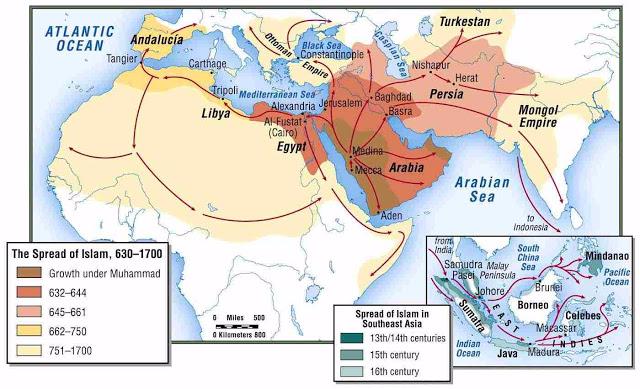
Other than his endeavors towards stabilization of the state, one of his most significant contributions to Islam is the initiation of compilation process of Quran in its current form on the advice of Hazrat Umar (RA), since before then, verses of Quran were spread across leather parchments, shoulder blades of camels and sheep, Palm branches, surfaces of flat stones, and hearts of companions (many of whom passed away in the battle of Yamama). It is to be noted that as many as 65 companions (May Allah be pleased with them) acted as scribes in the service of Holy Prophet (PBUH) to jot down verses of Quran [1]
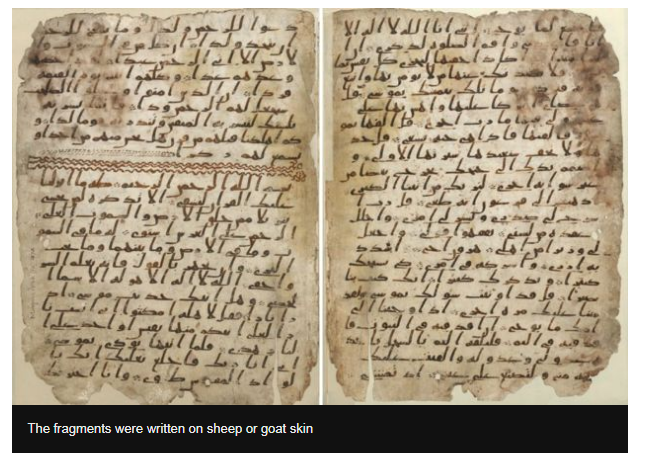
Passing Away of Hazrat Abu Bakr (RA)
Hazrat Abu Bakr (RA) passed away in 634 AD after the sickness of 15 days.
Believe it or not, Hazrat Abu Bakr (RA)’s last wish was to donate his property (a garden) for the welfare of Muslims in return for the limited salary he had drawn from the Muslim treasury for his living expenses (after giving up his business to run affairs of the caliphate). He nominated Hazrat Umar (RA) as the second caliph to follow him after consulting with many prominent companions (May Allah be pleased with them). His funeral was led by Hazrat Umar (RA) and he was buried next to Prophet Muhammad (PBUH)’s grave with his head placed parallel to the shoulders of Rasool Allah (PBUH) [1]
References:
[1] Maulvi Abdul Aziz. Abu Bakr as-Siddiq(RA). Darussalam, 2011
[2] “Khalifa Abu Bakr – Abu Bakr, The Man.” Alim,
[3] Courtesy of https://alchetron.com/Jabal-Thawr
[4] Sidiq-i-Akbar Hazrat Abu Bakr by Prof. Masud-ul-Hasan Page 31. Printed and published by A. Salam, Ferozsons Ltd 60 Shahrah-e-Quaid-e-Azam, Lahore
[5] “Abu Bakr Muslim Caliph.” Encyclopedia Brittanica,
[6] Hadith – Book of Prayers (Salat) – Sahih Al-Bukhari
[7] “(1) Chapter: The Virtues Of Abu Bakr As-Siddiq (RA).” The Book of the Merits of the Companions – Sahih Muslim –
[8] “Al-Qur’an Al-Kareem – القرآن الكريم.” Surah An-Nisa [4:69],
[9] “Al-Qur’an Al-Kareem – القرآن الكريم.” Surah At-Tawbah [9:40]
[10] “Sutori-Islamic Diffusion Timeline.”
[11] Coughlan, Sean. “’Oldest’ Koran Fragments Found in Birmingham University.” BBC News

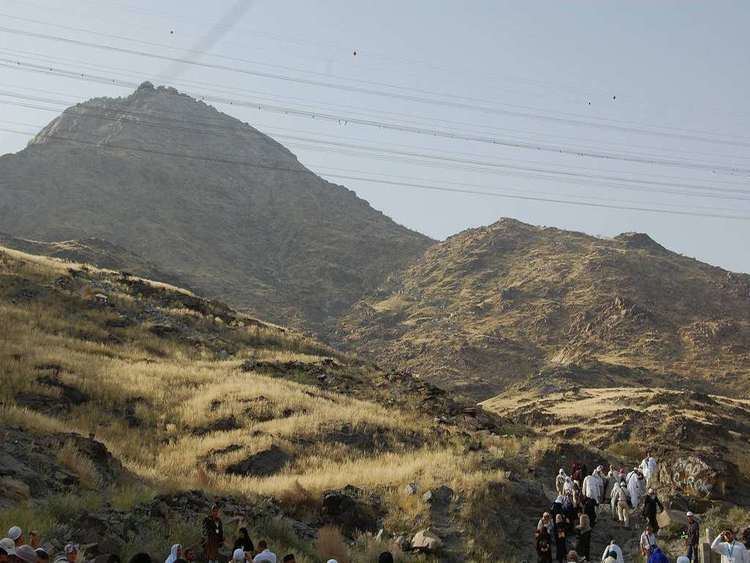
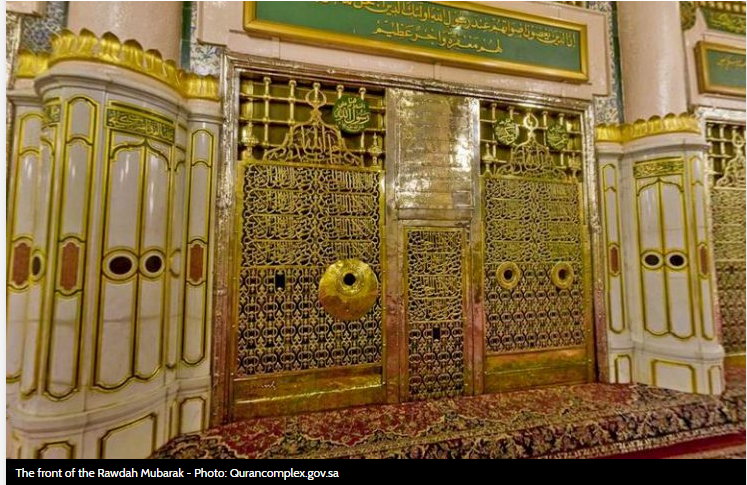
My almighting allah reword them
Mashallah
love to read and learn more next time